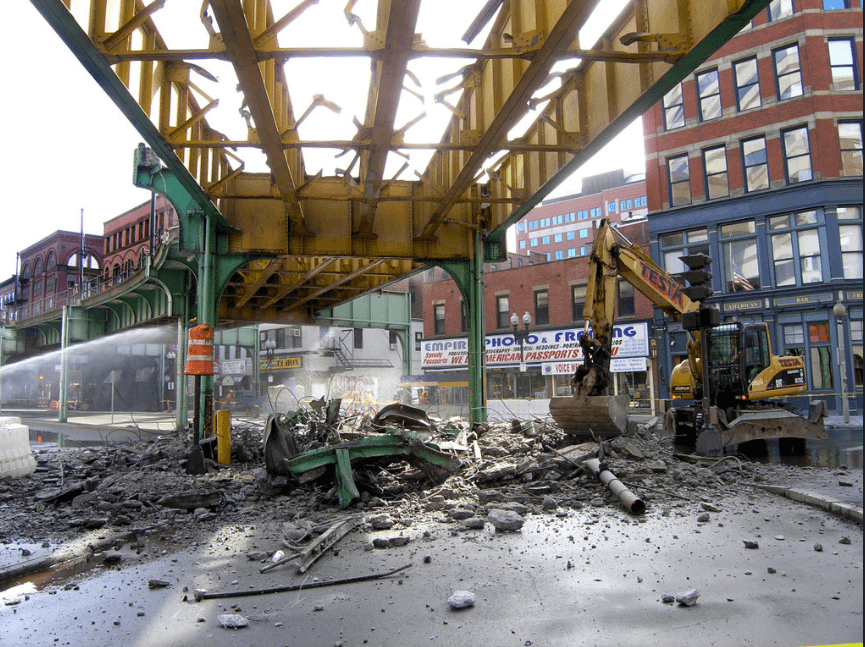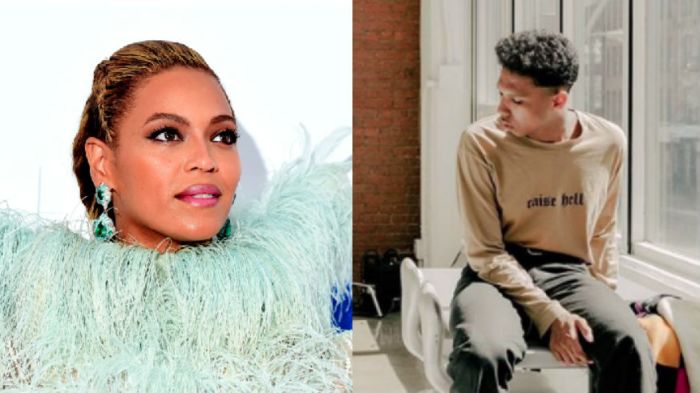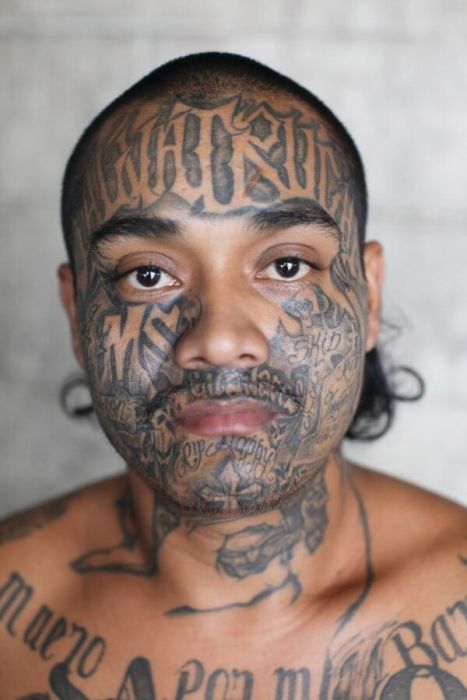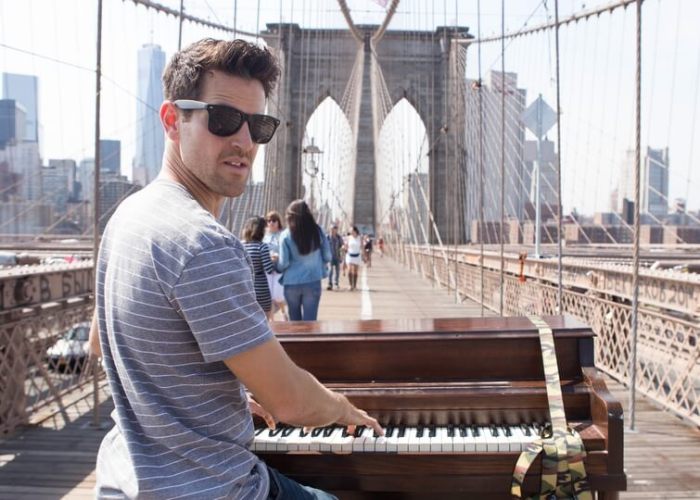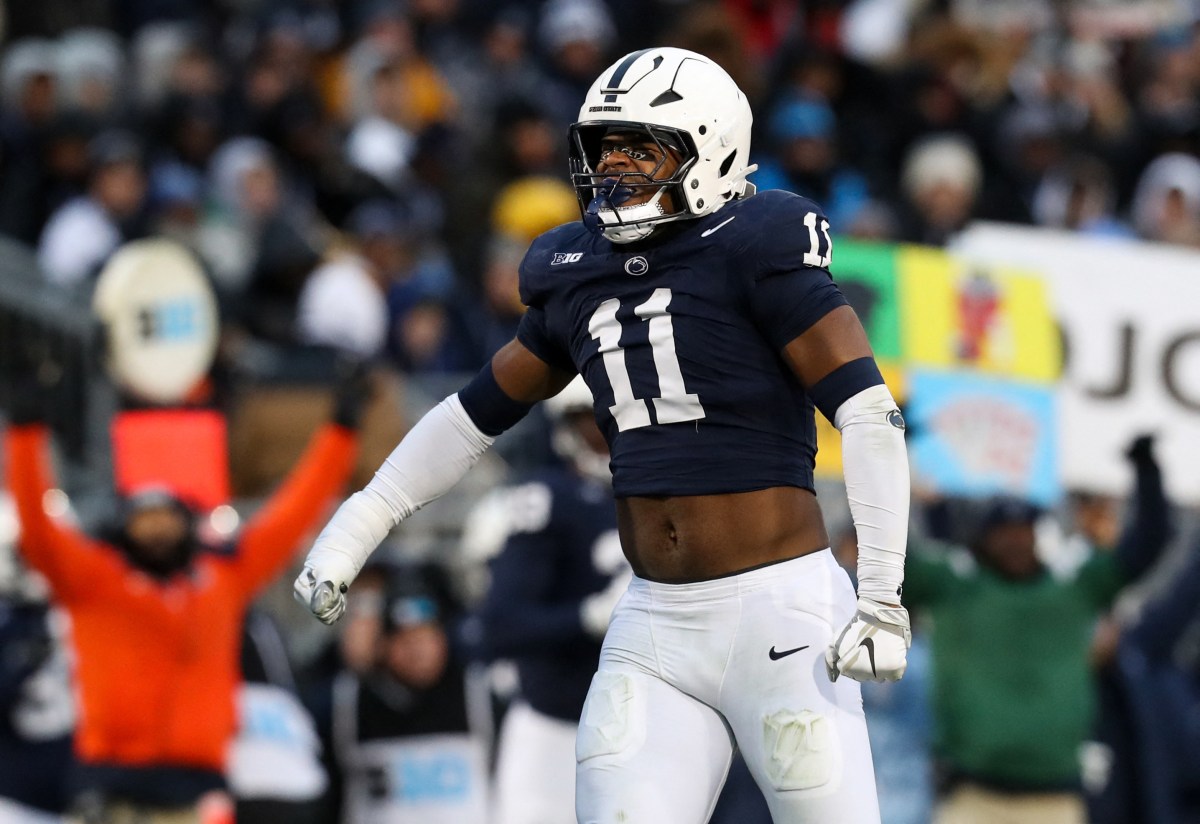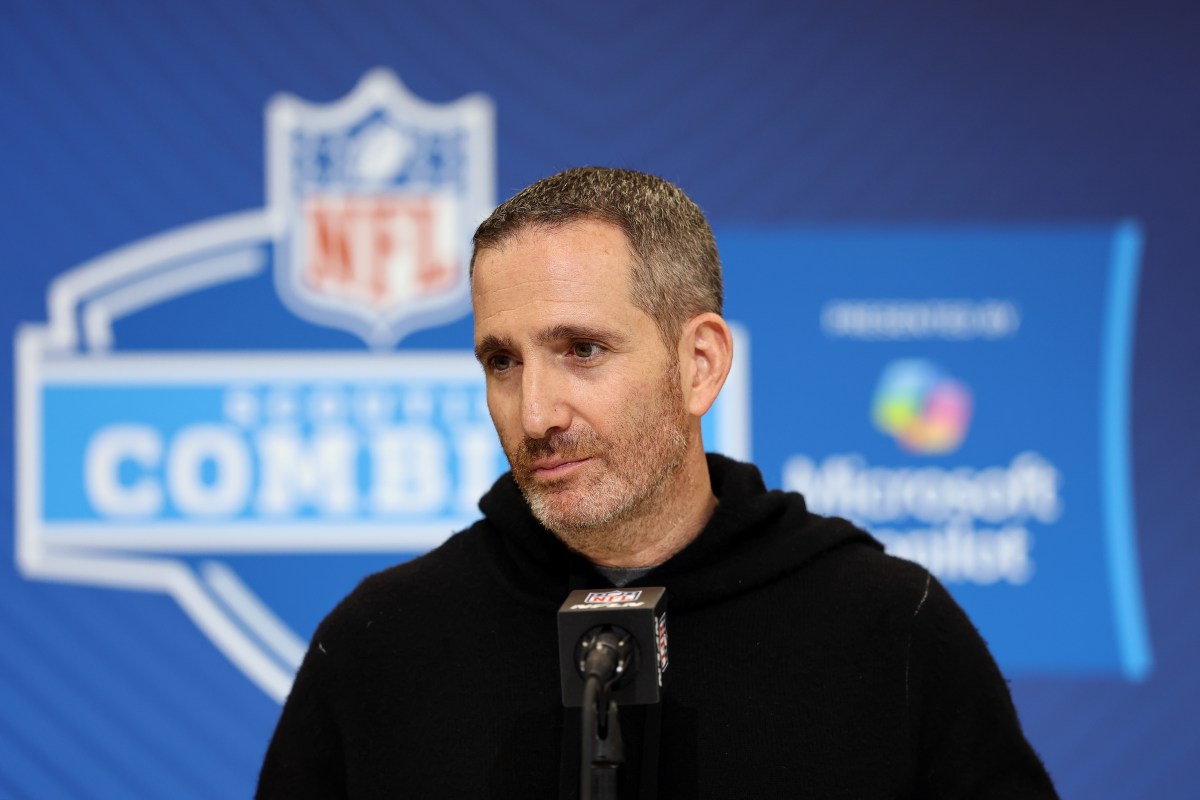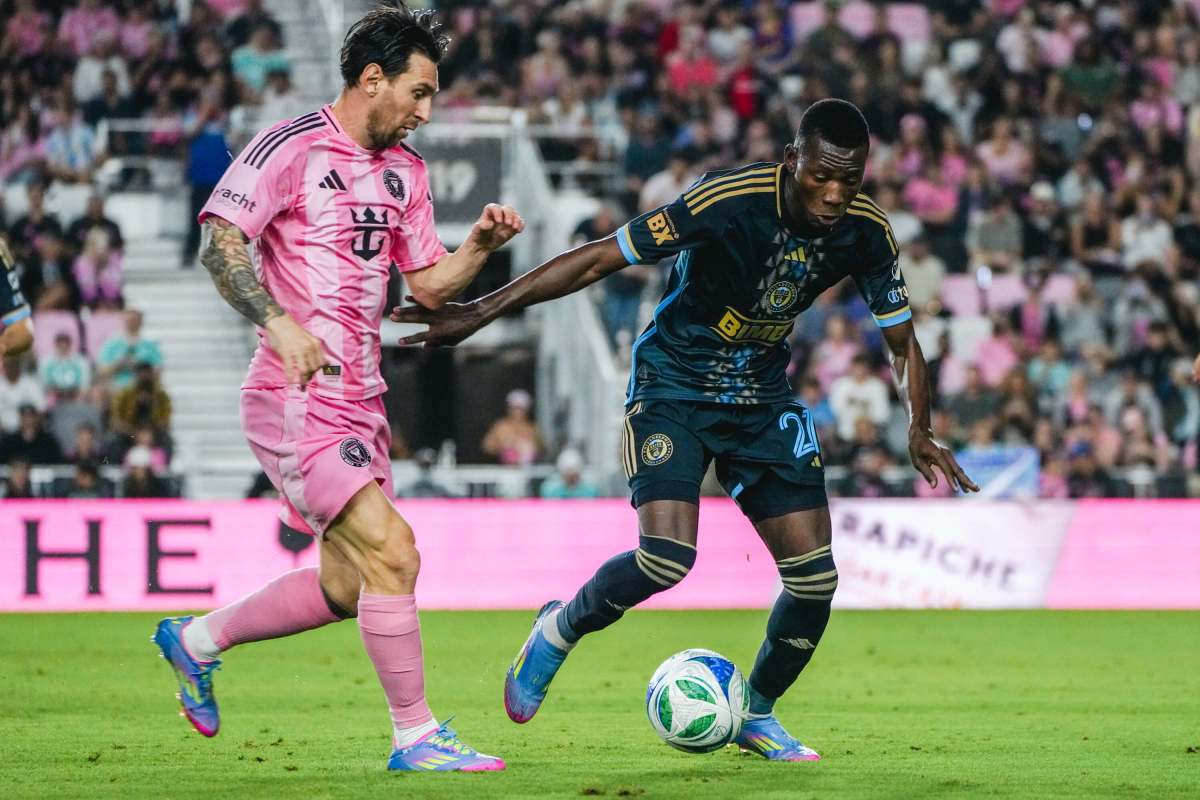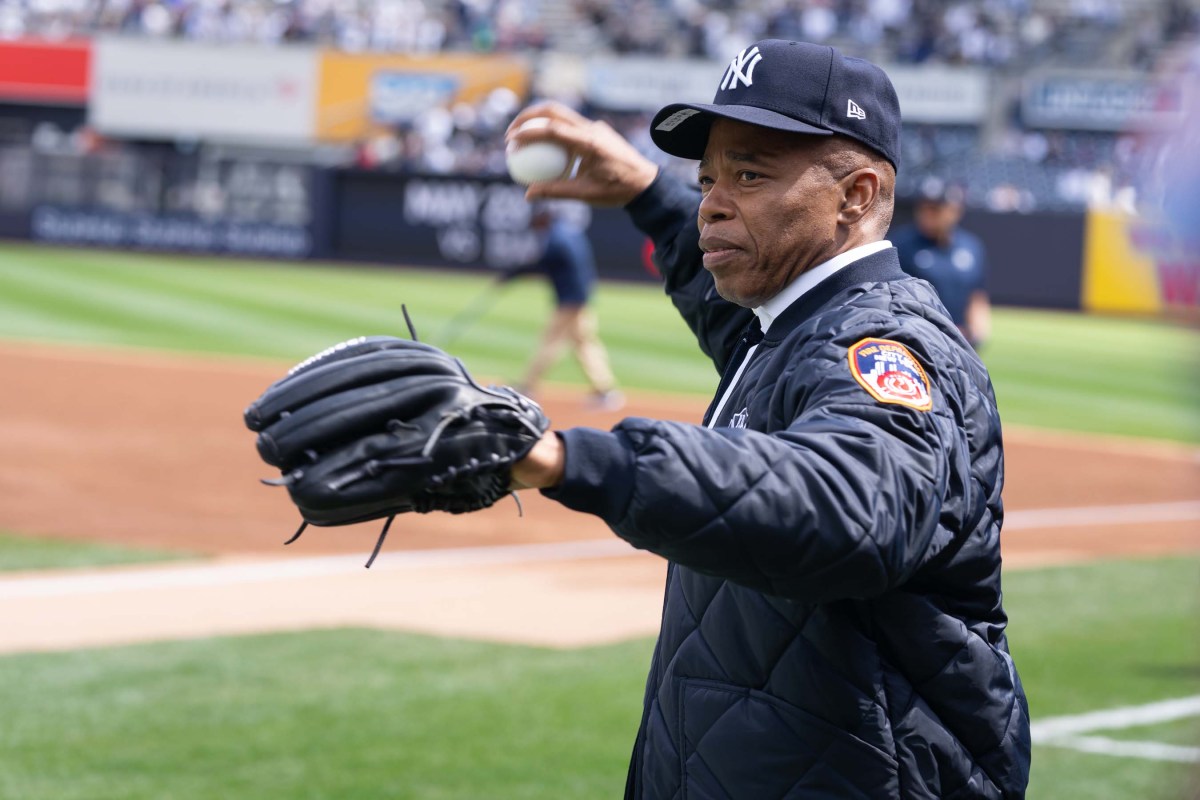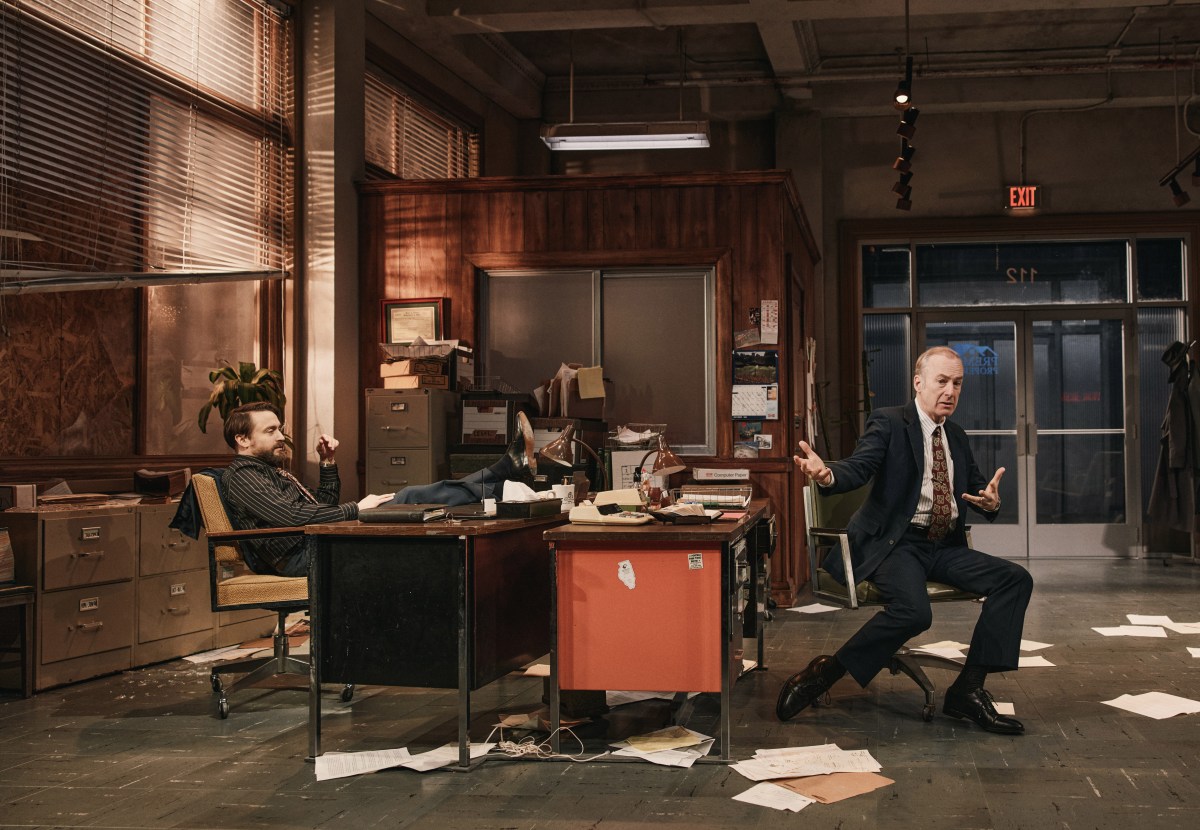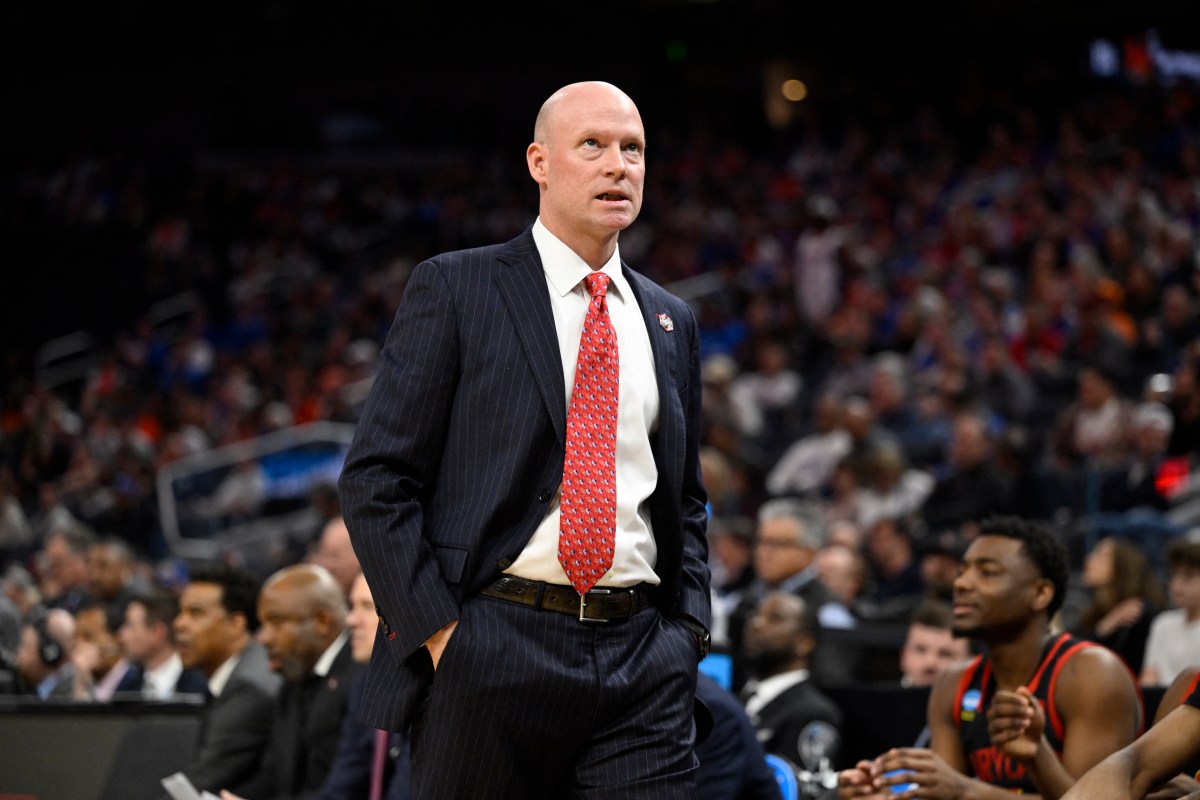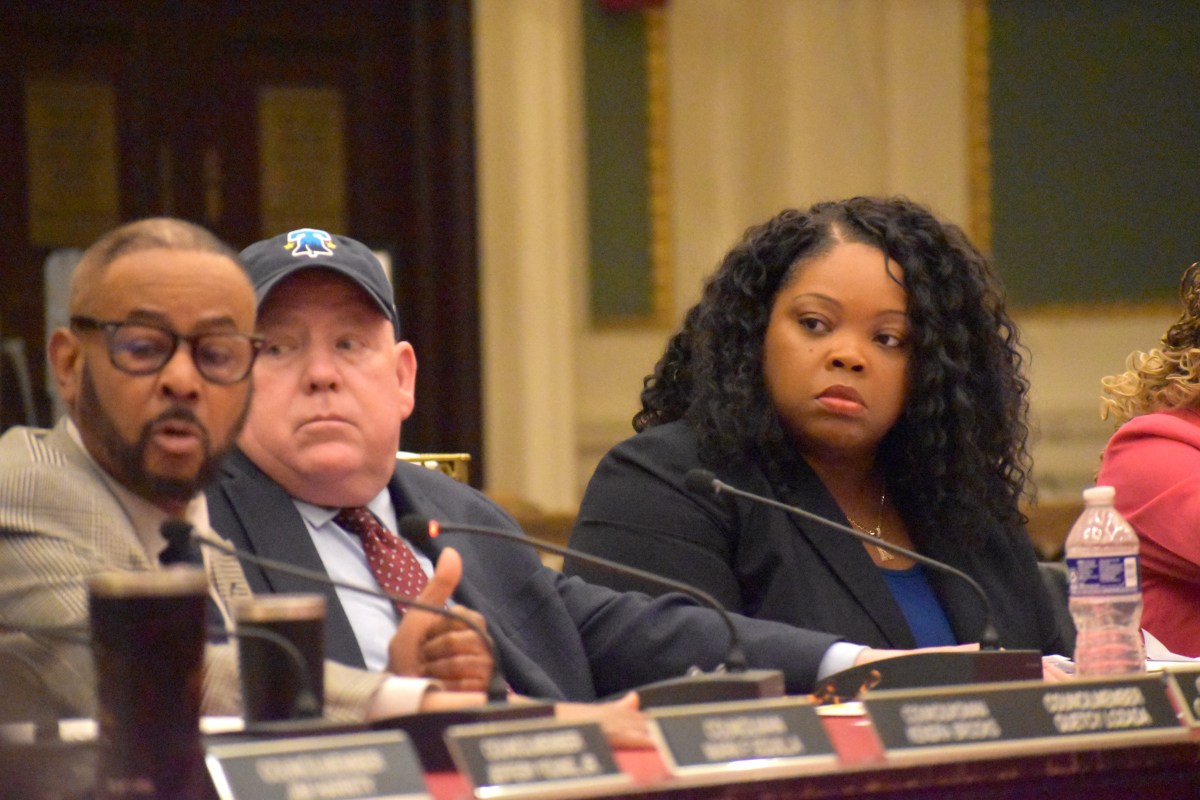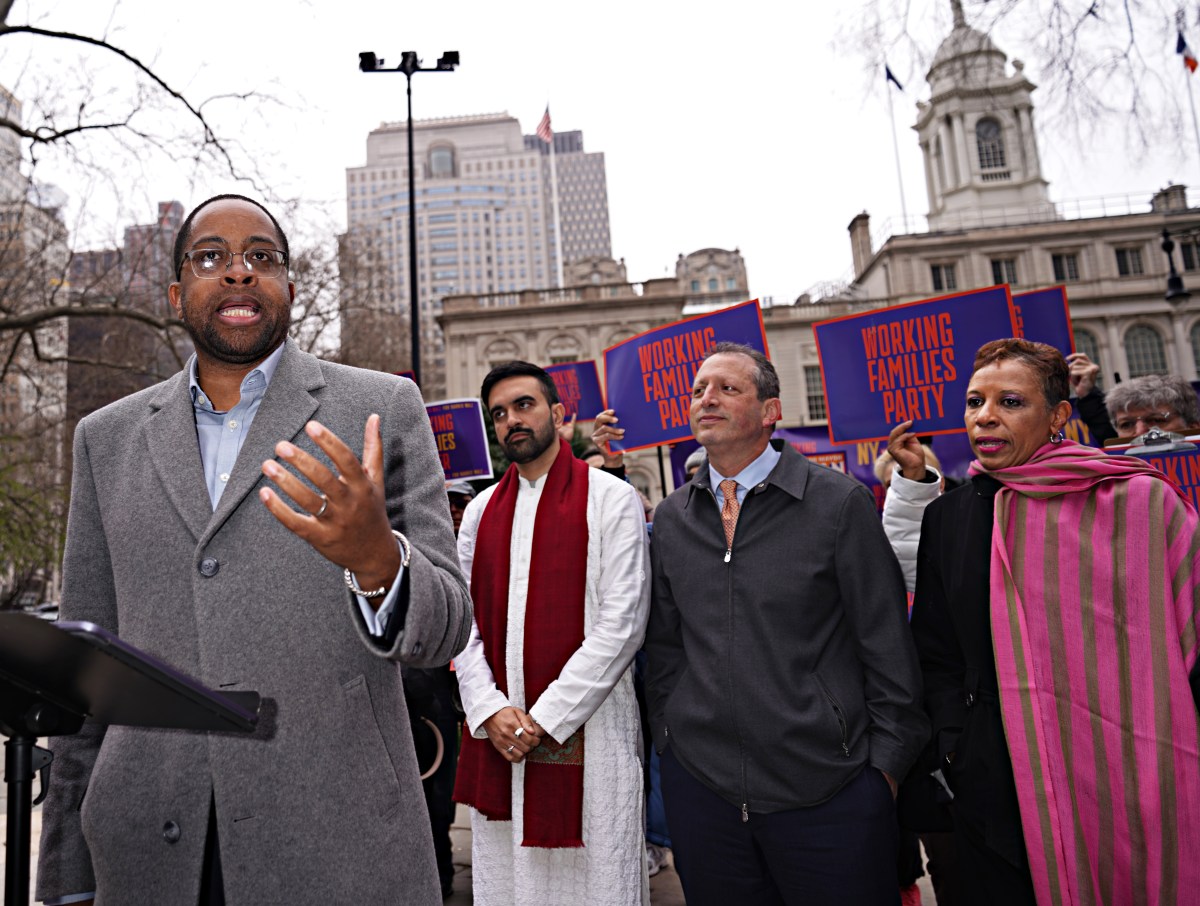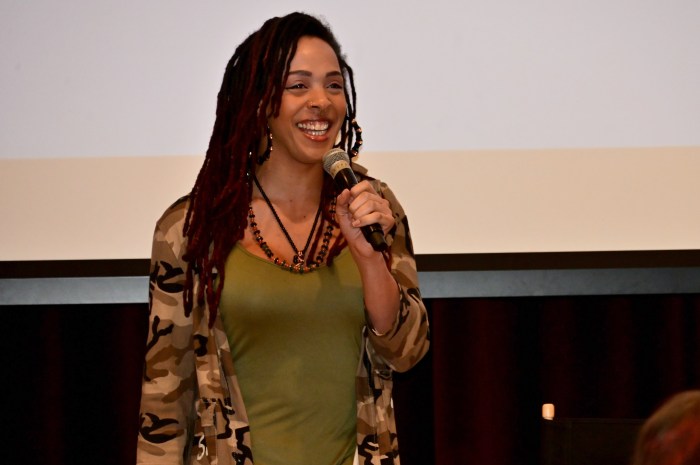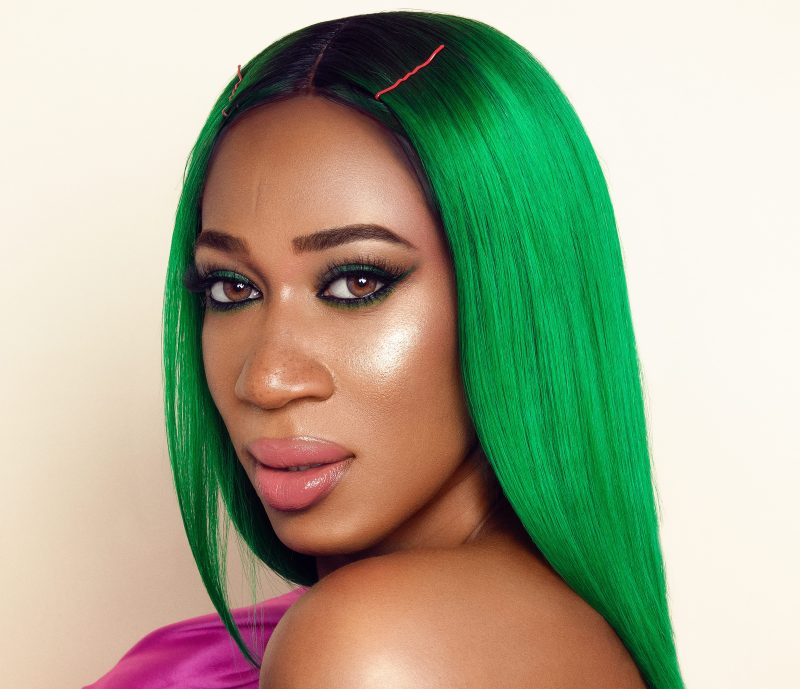Over the past 16 years, Boston’s West End has seen a series of rapid-fire changes. From the dismantling of the iconic elevated MBTA tracks, to the completion of the Central Artery. Perched in its shadow with a camera, 58-year-old Lolita Parker, Jr. has captured its evolution.
Parker, a California-turned-West Ender and life-long photographer, is preparing her exhibition “The New West Enders & Other Green Monsters,” which opens at the West End Museum on January 6.
Set against a backdrop of TD Garden events, sports bars and endless construction, Parker’s wide-angle perspective ranges from the personal to the political, and capture the projects, events and people that have reshaped and reenergized the neighborhood since 1998.
Metro caught up with Parker to discuss her project, which has been 16 years in the making.
Metro: When did you move to the West End?
Parker: I moved to Boston in 1993 and the West End in 1998. I’m so fortunate I had a chance to live there while the tracks were still up.
Metro: Why did you focus on the Boston El’s demolition in your exhibition?
Parker: The tracks came down in literally one weekend. And it was a shock. It was disorienting. Pigeons were walking around in circles. Generations of pigeons had grown up underneath those tracks. As an artist, especially an artist who grew up in Hollywood watching old movies, you have all that play of the light and shadow. It really looks like Film Noir. Now, Causeway Street looks like anywhere USA, and that’s kind of sad.
Metro: When you took these pictures over the course of 16 years, did you anticipate they’d end up in a photography exhibit?
Parker: I very consciously started in 1994 taking pictures in neighborhoods. I didn’t know they’d be in an exhibit, but I took them with an eye for archival use, because I’m also a documentary film researcher and I was always looking for everyday things that were happening in the neighborhood. Another intention was to leave my kids a legacy of work that would be important in history.
Metro: In your opinion, has the neighborhood changed for better or worse?
Parker: There is a horrific legacy of a neighborhood being destroyed without any regard for families and communities that were there. I don’t know if the neighborhood is better or worse, it’s just different. Although I think what is happening now is a growing group of grandparents are becoming primary caretakers in the neighborhood. People’s children are having children. And those children will be West Enders.
Metro: And what about gentrification in the neighborhood?
Parker: The biggest change in that regard is that families are staying in the neighborhood. When I first moved, people would have children and within the first year, they’d leave. Now they’re staying. It’s just so diverse.
Metro: The Democratic National Convention is also featured in your exhibition. What was it’s significance to you?
Parker: That was a good time and a bad time. It was a good time because I was in fleet center when Obama gave his famous ‘red state, blue state’ speech, but it was bad to have police walking around in riot gear. It felt so oppressive. But that’s counterbalanced by the excitement of having a national event in your backyard.
Metro: It seems like you live and breath photos. How long have you been taking pictures professionally?
Parker: I’ve been a photographer for 51 years. I started when I was 7, and turned professional when I was 16. I have always had a lot of varied interests.
Metro: What do you hope Bostonians will take away from your show?
Parker: I love Boston. I’ve always felt at home here somehow, and a good opportunity for me to show what’s going on in the West End, so that when people walk by they realize all that has happened here.
The free exhibition’s reception is on January 15. It runs through February 18.

